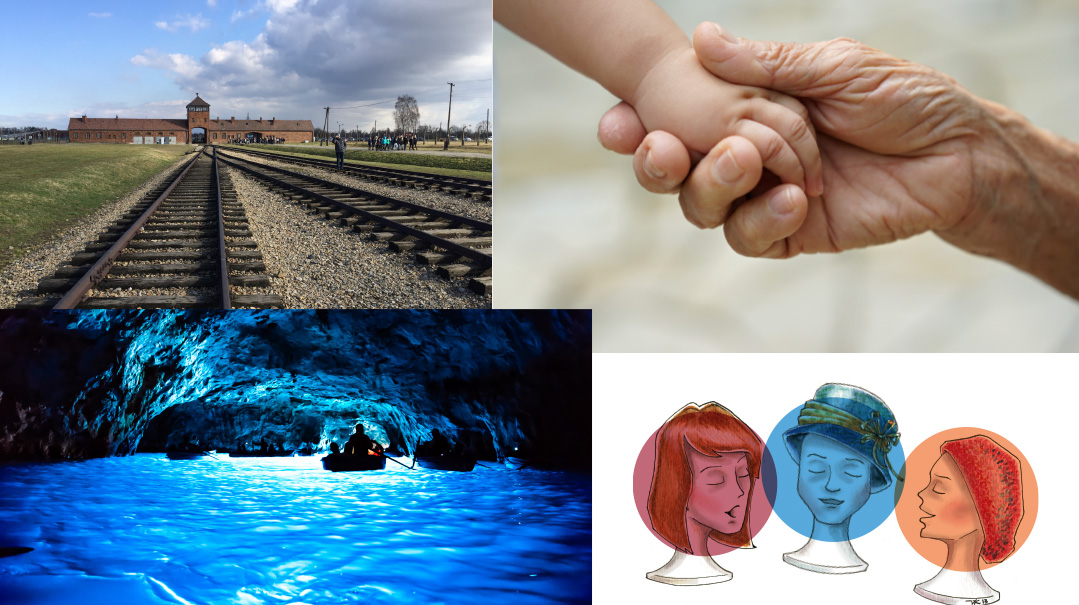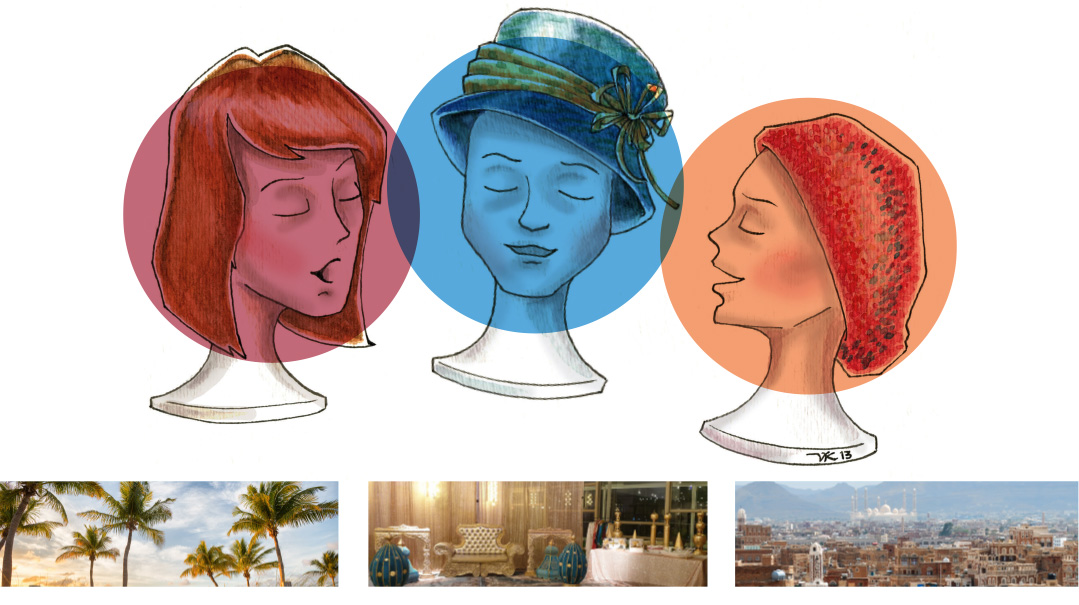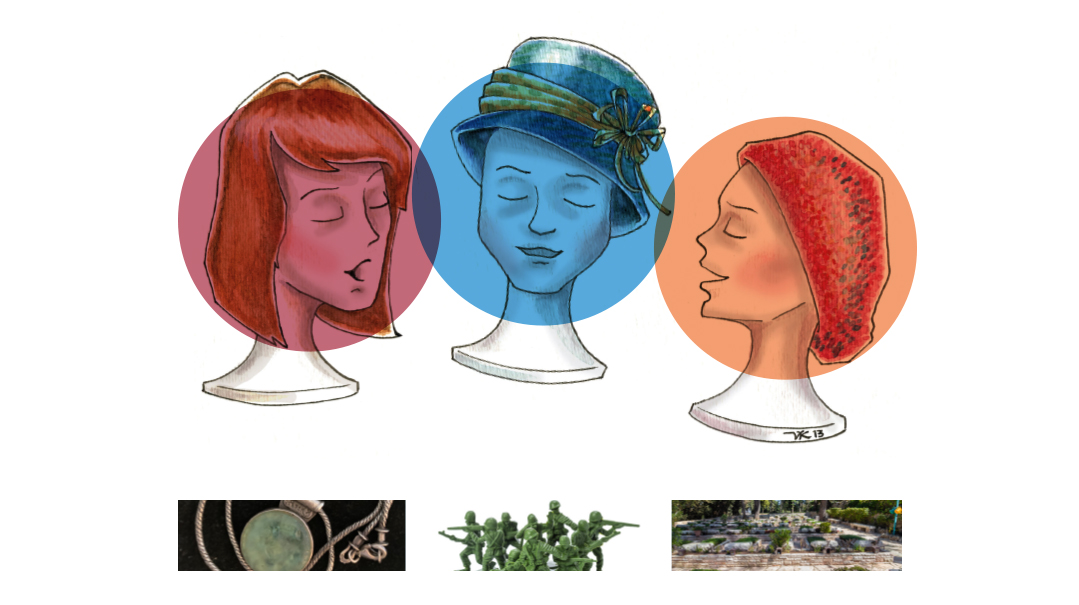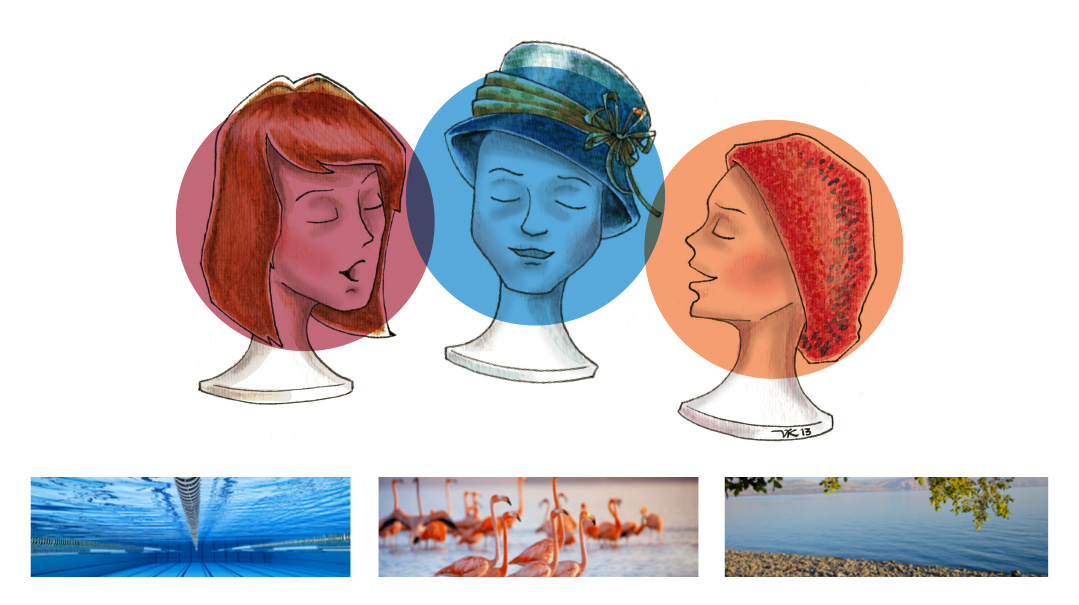Fins, Fur, and Feathers
| June 10, 2020Pets and pandemics. An interesting combination
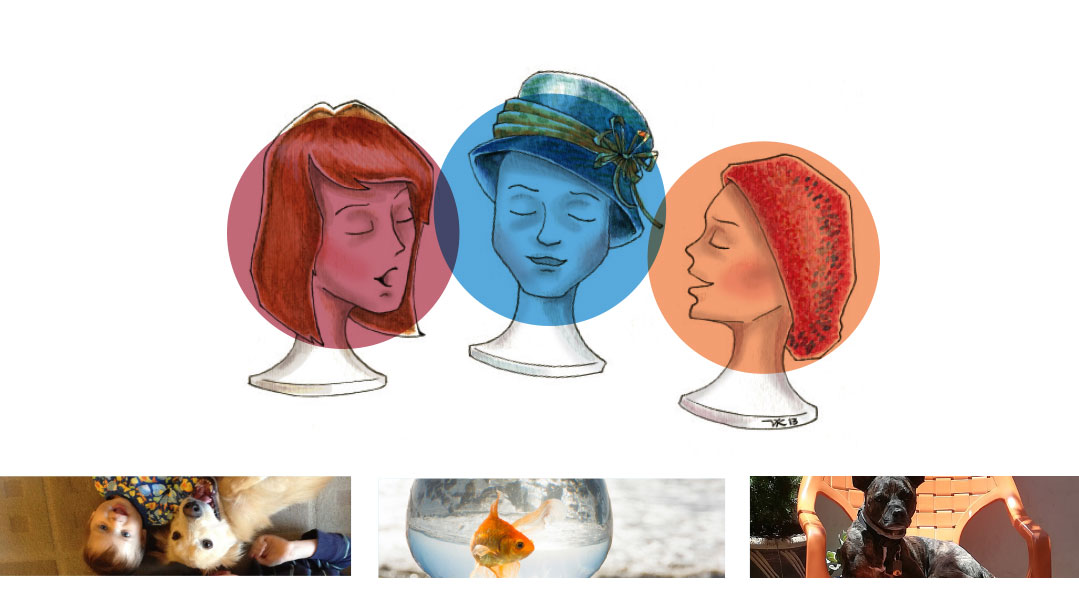
Just a couple of months ago… eons ago… in the pre-pandemic world, we Sisters decided to write about pets. We were getting tired of deep, intense, thought-provoking pieces. It was time for a fun Schmooze, something light.
Then, coronavirus hit. The entire world — especially we Yidden — started introspecting, looking for meaning, searching for inspiration.
As the “new normal” dragged on, our collective emotional pendulum started swinging back in the other direction. Funny clips and lockdown jokes flew through cyberspace at viral speed.
Eventually, most of us found balance. When overwhelmed by our personal coronavirus situation or by other people’s heartbreaking stories, we cried, davened our hearts out, immersed ourselves in inspiring shiurim. Other times, we eased our tensions with laughter, social-distance schmoozing, fluffy entertainment.
Now, as we write this Schmooze about seven weeks into our coronavirus tunnel of isolation, we think we see a faint, enticing light at the end. Is it real? A mirage? Wishful thinking?
Despite it all, we’ve decided to stay with our pets topic. Some anxiety, some hope. Some mussar, some fun. Pets and pandemics. An interesting combination.
Miriam thinks about…
Time-Outs, Acorns, Rosco and Me
We were talking about the coronavirus, my kids and I, searching for a message, for meaning in this unprecedented and tragic pandemic.
My son Moshe had an interesting take on it. “When kids don’t behave,” he said thoughtfully, “their parents send them for a time-out.
“Maybe Hashem is sending all of us for a time-out.”
I thought about this idea of a planetary time-out, decreed by a concerned and loving Parent sending His misbehaving creations to their rooms, while I was playing fetch with Rosco on a verdant forest path.
Rosco is a mixed breed (read: mutt) smallish dog with black and brown fur reminiscent of a Reese’s Peanut Butter Cup, and really weird ears. Though he’s four years old and should know better, he’s still playful as a puppy, especially when it comes to retrieving.
Rosco is Moshe’s dog, which I suppose makes him my “grand-dog.” When, for coronavirus-related reasons, we decided it would be best for Moshe to move in temporarily with my son David and his family, we were left with a problem. Though, baruch Hashem, the brothers get along beautifully, their dogs — Rosco and David’s dog, Sheva — do not.
And so it was that my husband and I got full custody of Rosco for the duration of the crisis.
If you’re going to be stuck giving foster care to a dog, a lockdown is a convenient time to do it. No matter how strict the regulations were, I was permitted to leave my home three times a day to walk the dog.
Living in Har Nof, one of the many, many blessings I enjoy is its proximity to Yaar Yerushalayim, a “green belt” of forest that surrounds the city. My home is about 100 meters away from a small but beautiful piece of the forest — and 100 meters was the distance we were allowed to walk.
Rosco and I began every suffocating day of lockdown under Jerusalem’s incomparable blue sky, surrounded by green leaves glinting in the early morning sunlight and the last of the season’s wildflowers, red, purple, and yellow, shyly peeking out at us.
And acorns.
Oops! We could not locate your form.

